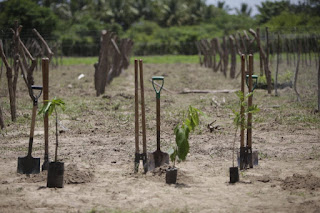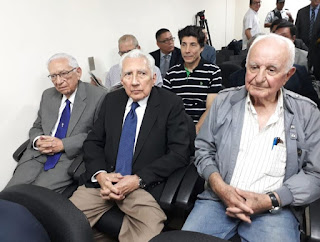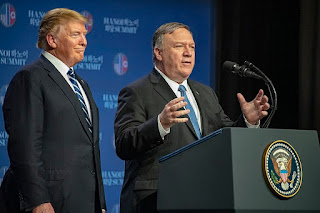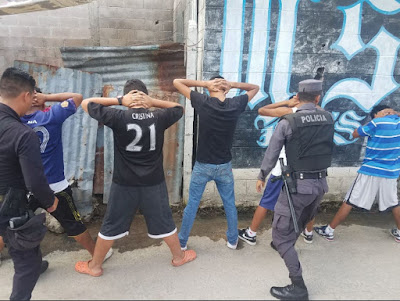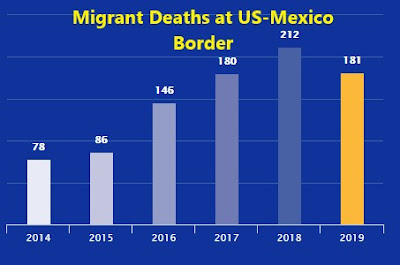Recent news from El Salvador
Here are a collection of short highlights from recent news in El Salvador: Former president of El Salvador Mauricio Funes is now a Nicaraguan citizen . Funes, who is wanted in El Salvador on corruption charges, has been in exile in Nicaragua and was granted political asylum there. Becoming a Nicaraguan citizen gives him more protection because the Nicaraguan constitution prohibits extradition of Nicaraguan nationals to third countries. The National Assembly elected new magistrates to the country's Supreme Electoral Tribunal. The new magistrates will oversee the 2021 national elections for mayors and deputies in the National Assembly. Although magistrates are supposed to be non-partisan, observers noted numerous party links among the new magistrates who were chosen following back room discussions among the country's major political parties. El Salvador completed an international bond offering of slightly more than $1 billion. The p...
